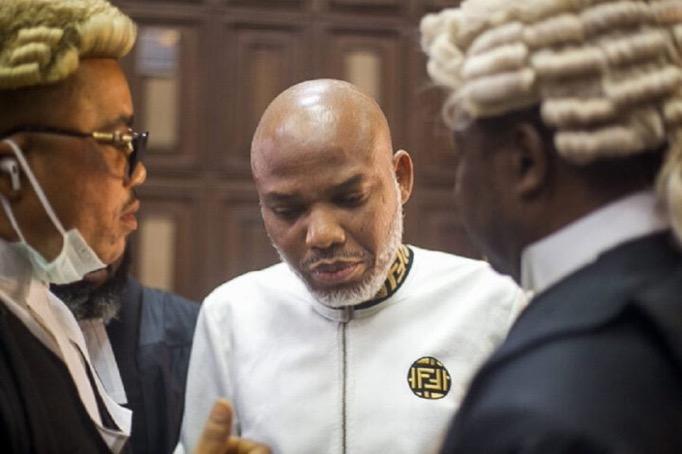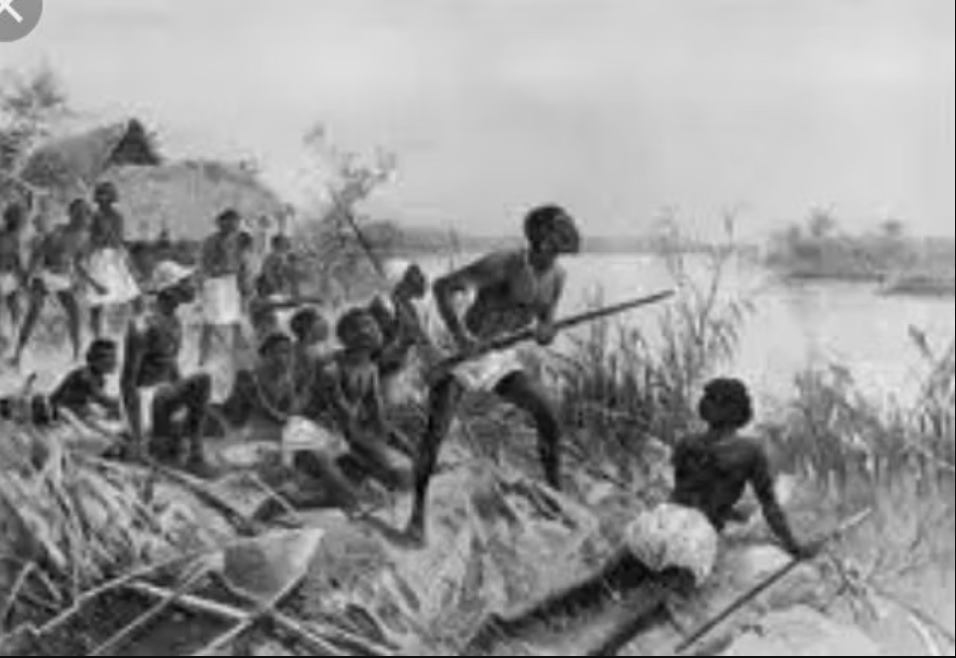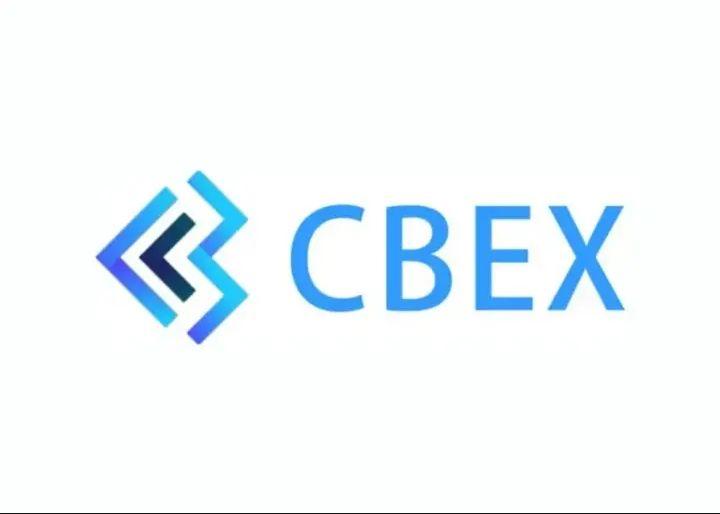Ohanaeze Ndigbo Demands Nnamdi Kanu’s Release: A Call for Justice and Reconciliation

In a bold and impassioned plea, Ohanaeze Ndigbo, the foremost Igbo socio-cultural organization, has once again urged the Federal Government of Nigeria to release Nnamdi Kanu, the detained leader of the Indigenous People of Biafra (IPOB). Labeling his prolonged detention as "unjust and unacceptable," the group has reignited a critical conversation about justice, regional stability, and national unity. This demand, made on June 10, 2025, underscores the growing frustration among the Igbo community and amplifies calls for a resolution to one of Nigeria’s most contentious political detentions.
Nnamdi Kanu, the outspoken leader of IPOB, has been in custody since his arrest in June 2021, following his extradition from Kenya. Charged with terrorism-related offenses, Kanu’s detention has sparked widespread debate, with supporters arguing that his trial is politically motivated. The Federal Government accuses Kanu of inciting violence through his Radio Biafra broadcasts, though no weapons were found during his 2015 arrest, a point his legal team frequently highlights. The case has drawn international attention, with a 2022 UN Human Rights Council Working Group opinion calling for his immediate release, citing violations of international law.
Kanu’s detention has become a lightning rod for tensions in Nigeria’s Southeast, where IPOB’s agitation for Biafran self-determination has fueled unrest. The region has faced escalating insecurity, including attacks on security forces and public infrastructure, which Ohanaeze and others link to Kanu’s continued incarceration.
Ohanaeze Ndigbo’s latest call for Kanu’s release came during a period of heightened advocacy. On June 4, 2025, at the Ohanaeze retreat in Enugu, President General Senator John Azuta-Mbata declared that Kanu’s detention amounts to the "incarceration of Ndigbo." This powerful statement reflects the organization’s belief that Kanu’s plight symbolizes broader marginalization of the Igbo people. Ohanaeze argues that his release is not just a legal necessity but a moral and political imperative to restore peace in the Southeast and foster national reconciliation.
The organization has also criticized Southeast governors for their perceived inaction. Ohanaeze claims the governors committed to securing Kanu’s release during a meeting on July 2, 2024, but have since prioritized personal political ambitions over collective Igbo interests. This critique underscores the group’s frustration with the lack of unified regional leadership on the issue.
Kanu’s legal team, led by Aloy Ejimakor, has rejected suggestions that Kanu should be "pardoned," arguing that he is not a convicted felon and that his detention lacks legal grounding. Ejimakor points to the UN’s 2022 directive, which described Kanu’s rendition as unlawful and called for his release and compensation. The legal team insists that the government’s case hinges on unproven allegations of incitement, with no tangible evidence linking Kanu to acts of violence.
Ohanaeze’s position aligns with this perspective, emphasizing that Kanu’s detention is a violation of justice. The group has called for a political resolution, suggesting that freeing Kanu could de-escalate tensions in the Southeast and pave the way for dialogue on national unity. They argue that his release would signal the government’s commitment to addressing Igbo grievances, including economic marginalization and political exclusion.
The call for Kanu’s release has resonated widely, particularly among the Igbo diaspora and on platforms like X, where users have described his detention as a betrayal of the Igbo people. Posts on X highlight the perception that Kanu’s incarceration is part of a broader strategy to suppress Igbo aspirations. Many see Ohanaeze’s demand as a courageous stand against systemic injustice, while others express skepticism about the Federal Government’s willingness to act.
The Southeast’s security situation remains a critical concern. Ohanaeze and other stakeholders believe that Kanu’s release could reduce violence in the region, where IPOB’s enforcement of sit-at-home orders and clashes with security forces have disrupted daily life. By addressing Kanu’s detention, the government could open the door to negotiations that address the root causes of agitation in the Southeast.
Ohanaeze’s demand is more than a plea for one man’s freedom; it is a call for Nigeria to confront its deep-seated regional and ethnic tensions. The organization has urged President Bola Tinubu’s administration to prioritize reconciliation over punitive measures. Releasing Kanu, they argue, would demonstrate a commitment to justice and inclusivity, potentially transforming the Southeast from a region of conflict to one of cooperation.
However, the Federal Government has yet to respond to Ohanaeze’s latest call, and Kanu’s trial continues to drag on, with no clear resolution in sight. The government’s silence risks further alienating the Southeast and fueling perceptions of bias. As Ohanaeze and Kanu’s supporters press for action, the nation watches to see whether dialogue or confrontation will define Nigeria’s path forward.
Ohanaeze Ndigbo’s demand for Nnamdi Kanu’s release is a pivotal moment in Nigeria’s ongoing struggle with unity and justice. By framing his detention as an affront to the Igbo people, the organization has placed the Federal Government at a crossroads: will it pursue reconciliation or maintain a hardline stance? As the Southeast grapples with insecurity and marginalization, Kanu’s fate remains a litmus test for Nigeria’s commitment to fairness and national cohesion. The world is watching, and the time for action is now.









